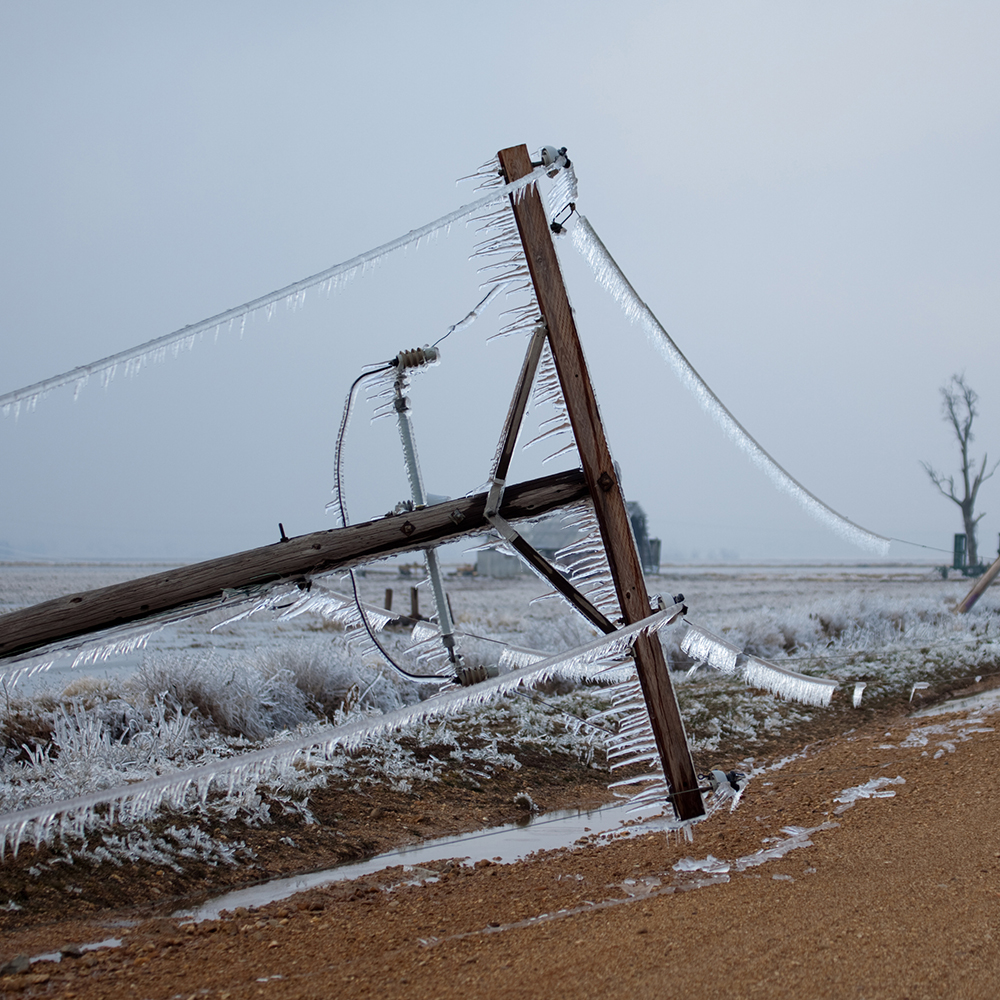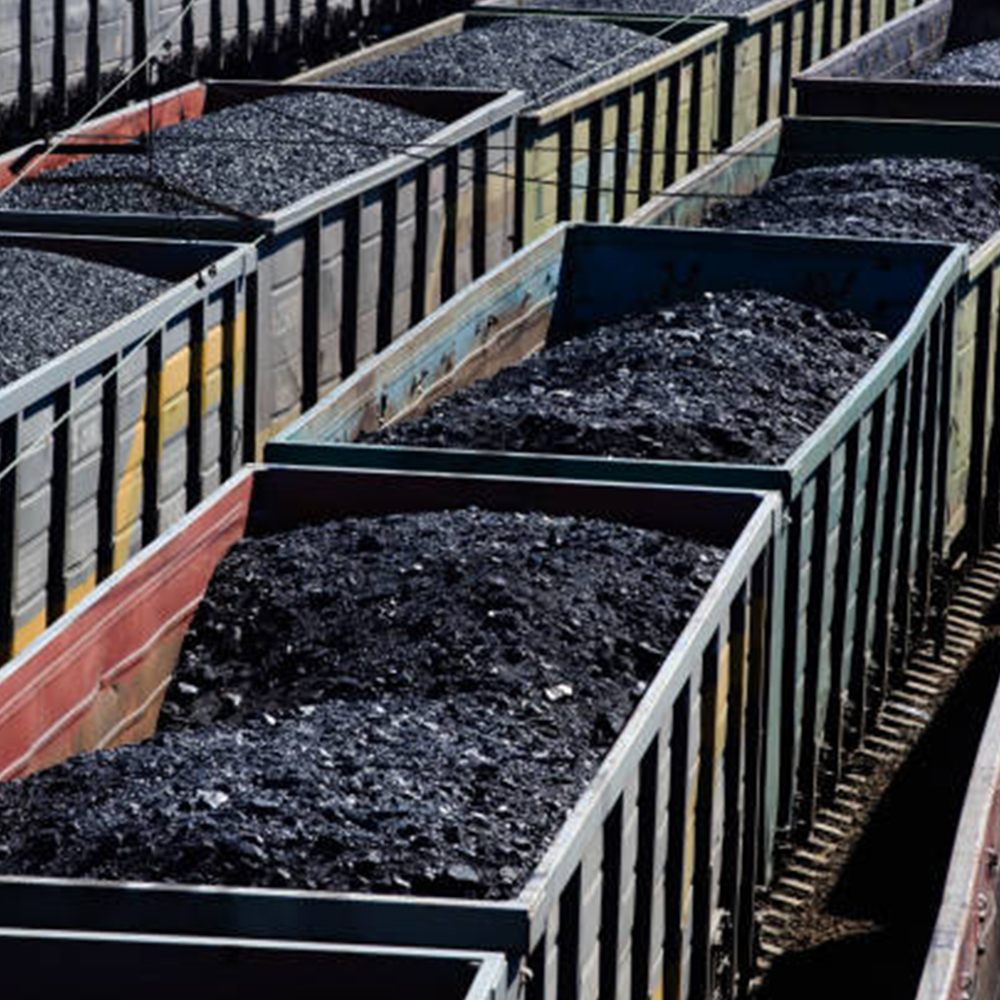The heating choices you make affect more than your own home, they can affect your community and climate change for the entire world! That can feel like a lot of responsibility. But even small choices can have a big impact.
Any source of home heating, including electricity, creates greenhouse gas emissions during its production or generation as well as while heating your home. Most electric power is generated by fossil gas and coal, which also generate dangerous levels of carbon, methane and other greenhouse gases. That's why it is important to learn as much as you can.

Right now, the electric power grid can’t handle the demand from increased electrification of heating and transportation. Across the country, the utilities have been warning for years of rolling or sustained power outages as more homes switch to electric heating and more EVs are on the road.
Power outages can kill. Without electricity, many medical devices won’t function, from the nebulizer for a child’s asthma to the oxygen tank for a senior citizen with lung disease.
There are 3,477 power plants in the country3, using more than 500 million tons of coal and more than 11,584 trillion Btu of fossil gas annually.

But those power plants aren’t just burning through dirty, carbon-producing fuels, they are directly impacting the health and well-being of the most at-risk communities. Think about it, when did you ever see a power plant in a wealthy neighborhood?
The air pollution from fossil gas-burning power plants has been connected to increases in cancer, asthma, and additional financial burdens from lost workdays and restricted activities.

The biodiesel in Bioheat® fuel is a natural, renewable resource that lowers emissions of carbon and other pollutants as soon as you start using it. That’s better for everyone.
A recent study of 13 locales that are regularly exposed to high rates of pollution from petroleum diesel found that switching to B100, or 100% biodiesel for home heating and transportation6, would:
In the most severely affected areas, like the Bronx, New York, switching to Bioheat® fuel could lead to7:
When you choose Bioheat® fuel, you choose to lower your carbon footprint, save thousands on equipment installations, and make your community a better, cleaner, healthier place to live.